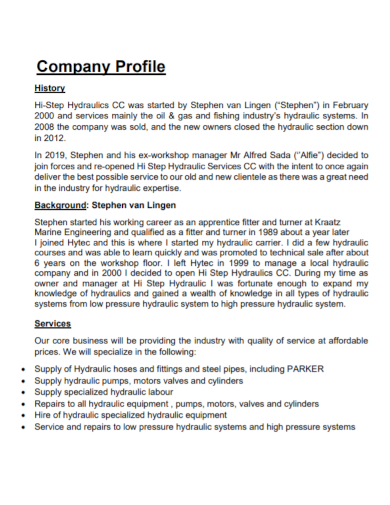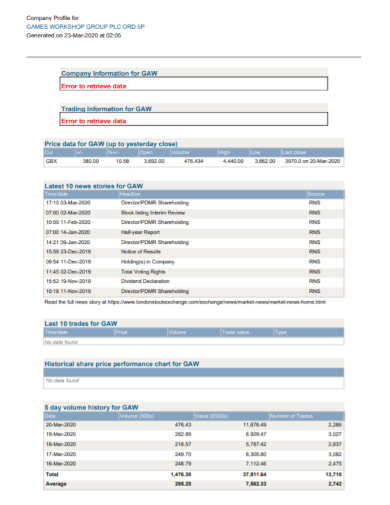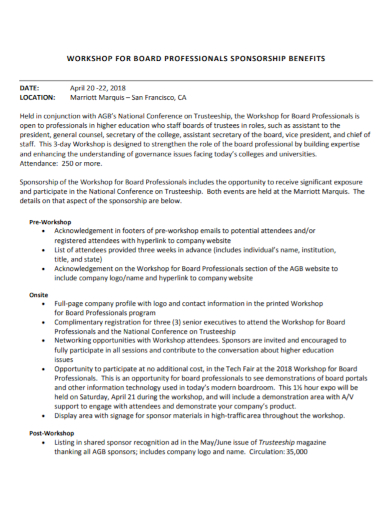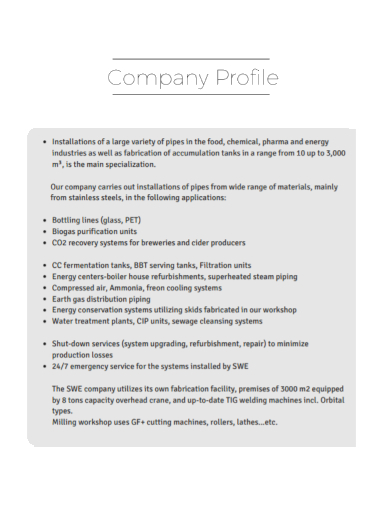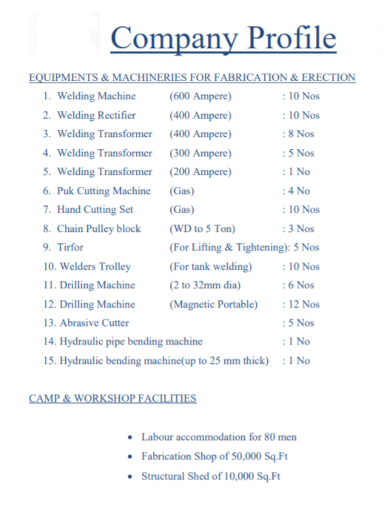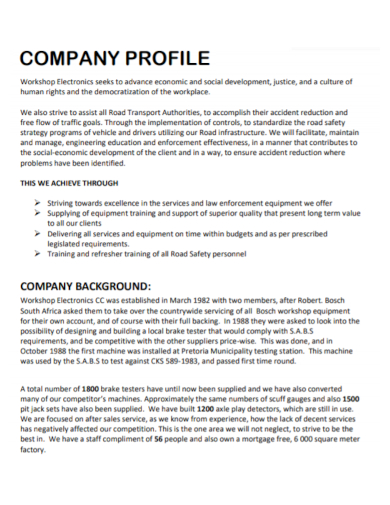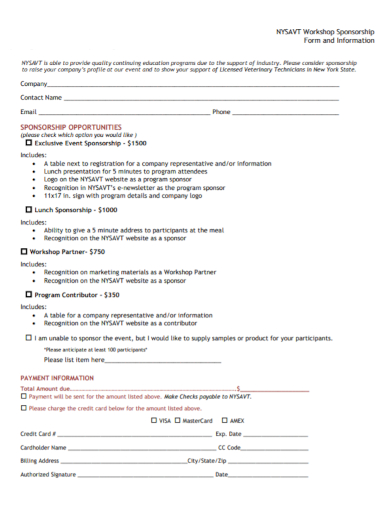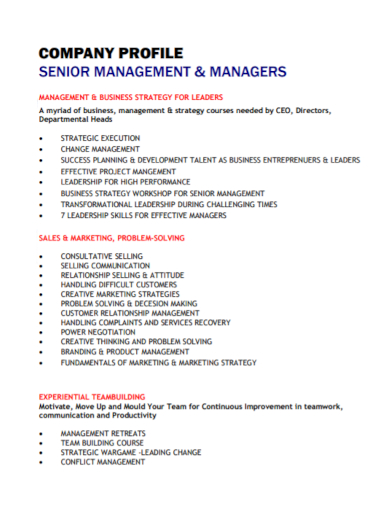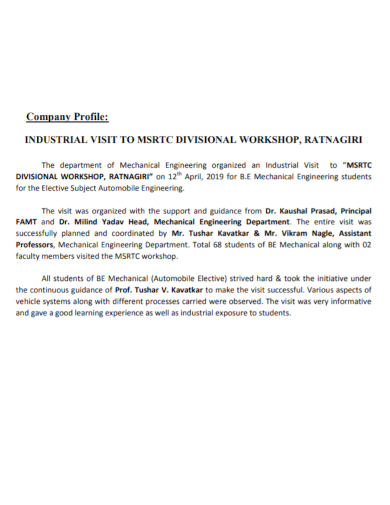In the dawn of the Industrial Revolution, workshops began as a room, a set of rooms, or a building which provides the tools and area needed to do industrial work. Mostly with machinery like cars and engines, mechanical tasks and engineering such as pistons and other forms of machine. Nowadays, workshops can be found in all sorts of places, from domestic settings like houses and apartments, to companies and industries who want to experiment and have a place for repairs and machinery, to other forms of industries that doesn’t typically dabble in machines but want to have a place where they can play around with their own ideas.
Workshops may vary in industrial focus, some may provide automotive repair or restoration, others deal with mechanical engineering and other machines, and some other common types like woodworking, metalworking, electronics, and a lot more. Workshop companies usually focus on the more technical side of the industry, they may provide restoration, repairs, and other services related to automotive, engineering and machinery. Some also provide prototypes for clients who wish to build one, and some may even provide them with the tools and area and then leave the tinkering to the customers.
Workshops are usually obscure companies that don’t rely much on being visually appealing, as long as the job is done and its done well, then the craft will speak of their reputation. Listed below are several workshop company profile samples that may help you with just the right push you need to gain prominence and popularity in the market.
10+ Workshop Company Profile Samples
1. Workshop Services Company Profile
2. Workshop Group Company Profile
3. Workshop Board Company Profile
4. Workshop Material Company Profile
5. Workshop Equipment Company Profile
6. Workshop Electronics Company Profile
7. Workshop Sponsorship Company Profile
8. Workshop Management Company Profile
9. Industrial Workshop Company Profile
10. Workshop Business Company Profile
What Is a Workshop Company Profile?
Company profiles are introductions to your company that is typically read by prospective clients and investors to get to know more about your company and decide whether or not the services offered are worth their while. Workshop company profiles lean on to the specifics of this industry. It should talk about the services and types of services that you offer. Do you focus on appliances? automotive? heavy machinery? Those kinds of information should be included. A well written company profile usually includes the history of your company and how it began, as well as the company’s vision and values.
How to Write a Workshop Company Profile?
While company profiles may not be as daunting and time consuming as other corporate documents, there are still several key steps to keep in mind. These steps will ensure the coherence and consistency of the information presented in your profile, as well as making sure that the profile is presented in a professional manner.
1. Identify the purpose
Establishing the profile’s purpose early on just ensures that the profile itself is consistent and well established. Different companies use company profiles for a variety of purposes from marketing initiatives, tax reports, investment plans, and most of the time, website use. Establishing a purpose also helps with setting the overall style of the profile.
2. Pick a style
After setting the tone, picking a style should be much easier. The style dictates how information in your profile is presented. Either tabulated or in a bulleted form, in the end, the choice is yours. Just make sure that it is easy to follow and understand. It should also reflect the nature of your company, a messy company profile might give a messy impression of your company to your prospective clients.
3. Tell a story
A story is a great way to make your audience relate to you and your company. Stories like how you began as a company and how you grew over the years. The achievements and milestones you have received, and the most successful projects you have worked on. Also include your mission-vision values and quality control you wish to maintain. These and more you can think of can easily get the attention and engagement of your audience, making them want to know more about your company and its services. Just make sure that you don’t do it too much, just enough for them to be intrigued.
4. Contact details and information
It would be a shame if they were smitten by your company profile but have nowhere to contact or reach out. Don’t forget to include contact numbers, address of your physical shop, and website if you have one. Make sure that these lines are open for inquiries for those who have read your company profile.
FAQs
What is the meaning of workshop?
Workshop can actually mean two things. (1) A small establishment where manufacturing or tinkering of machines or handicrafts are carried on. (2) A brief intensive educational program for a group of people regarding a particular field.
What is the purpose of a workshop?
A workshop can help introduce a new concept or help demonstrate practical methods where it can be tried out on a safe environment. It can also teach hands-on skills and be innovative in the actual workplace.
Is workshop a training?
Workshop can in fact, be a sort of training. This kind of workshop refers to a seminar, a discussion, or something similar where ideas are exchanged and demonstrated regarding a particular subject.
Workshops are essential workspaces where mostly dangerous ventures are tested and improved upon. It is also essential for the repairs and restorations of automotive and other heavy mechanical machinery, and, where engineers typically show off. The industry may not be the most well recognized, but it certainly deserves much appreciation, for being where technological innovations are made.
Related Posts
FREE 36+ Introduction Speech Samples
FREE 26+ Workshop Flyer Templates
FREE 13+ Interior Design Business Plan Templates
FREE 13+ Training Agreement Contract Samples
FREE 13+ Training Proposal Templates
FREE 10+ Training Project Proposal Samples
FREE 10+ Training Workshop Proposal Templates
FREE 10+ Art Proposal Templates
FREE 9+ Workshop Agenda Samples
What Is Evaluation Form?
FREE 42+ Requisition Forms
FREE 42+ Requisition Forms
FREE 21+ Sample Business Introduction Letter
FREE 14+ Sample Marketing Assistant Job Descriptions
FREE 10+ Project Agenda Samples

